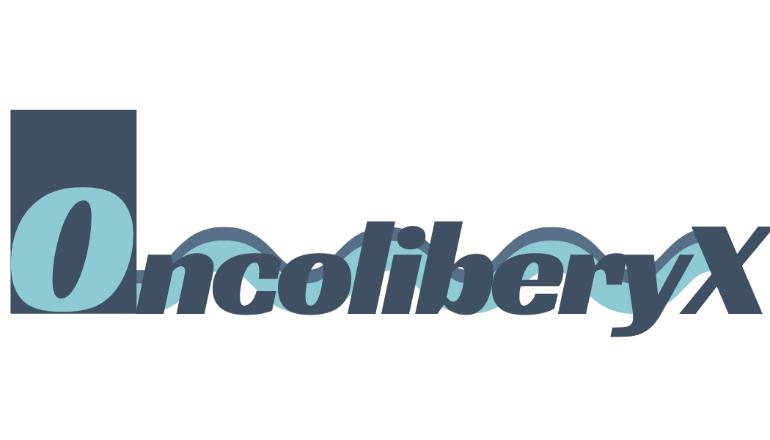• This consortium, led by PharmaMar, brings together four leading research groups in nanotechnology and oncology
• The project, approved in the call for public-private collaboration projects of the Ministry of Science and Innovation, receives 3.49 million euros from the funds of the Recovery, Transformation and Resilience Plan
01 December 2022 – María José Alonso’s research group at the Center for Research in Molecular Medicine and Chronic Diseases (CiMUS) of the University of Santiago de Compostela (USC) will participate in the ONCOLIBERYX Consortium, coordinated by PharmaMar. The Project, which integrates four leading groups in Spain in the fields of nanotechnology and oncology, aims to develop unique formulations that can give rise to new cancer therapies based on marine compounds from the PharmaMar collection.
Currently, cancer is the second cause of death in developed western countries. Despite notable advances in elucidating the biological mechanisms underlying this disease and new therapeutic approaches, concern about the side effects caused by these drugs is driving the search for more selective and effective therapeutic regimens and formulations.
ONCOLIBERYX focuses on the search for new drug administration strategies in order to increase the specificity of oncological active compounds, reducing their toxicity and side effects, while maintaining and/or increasing their therapeutic effects.
In this effort, the project relies on the experience and knowledge of renowned Spanish researchers in the field of new drug delivery systems, immunotherapy and cancer, such as Professors María José Alonso (Full Professor of Pharmacy and Pharmaceutical Technology at the University of Santiago de Compostela), María Blanco (University of Navarra), Ignacio Melero (Center for Applied Medical Research of the University of Navarra) and José Luis Pedraz (University of the Basque Country).
Pilar Calvo, Ph.D., technical coordinator of the project, highlights that “in the last 20 years, drug nanocarriers (liposomes, lipid and polymeric nanoparticles, micelles, antibody-drug conjugates, etc.) have shown notable advantages in dealing with these challenges. Undoubtedly, the research resulting from PharmaMar’s collaboration with these innovative research groups will mean progress in the search for more effective and safe drugs”.
María José Alonso, head of the USC work group involved in this project, leads a laboratory in which 20 people work with an important focus on the development of cancer therapies based on the use of nanotechnology, and is also a promoter of the spin-off Libera Bio , oriented to precision medicine in oncology. Prof. Alonso expressed her satisfaction with the participation of her group in this project and affirmed that “it is very gratifying to start this new challenge with the company PharmaMar with which we have been collaborating for decades. Undoubtedly, the research resulting from the collaboration with PharmaMar will mean progress in the search for more effective and safe drugs”.

